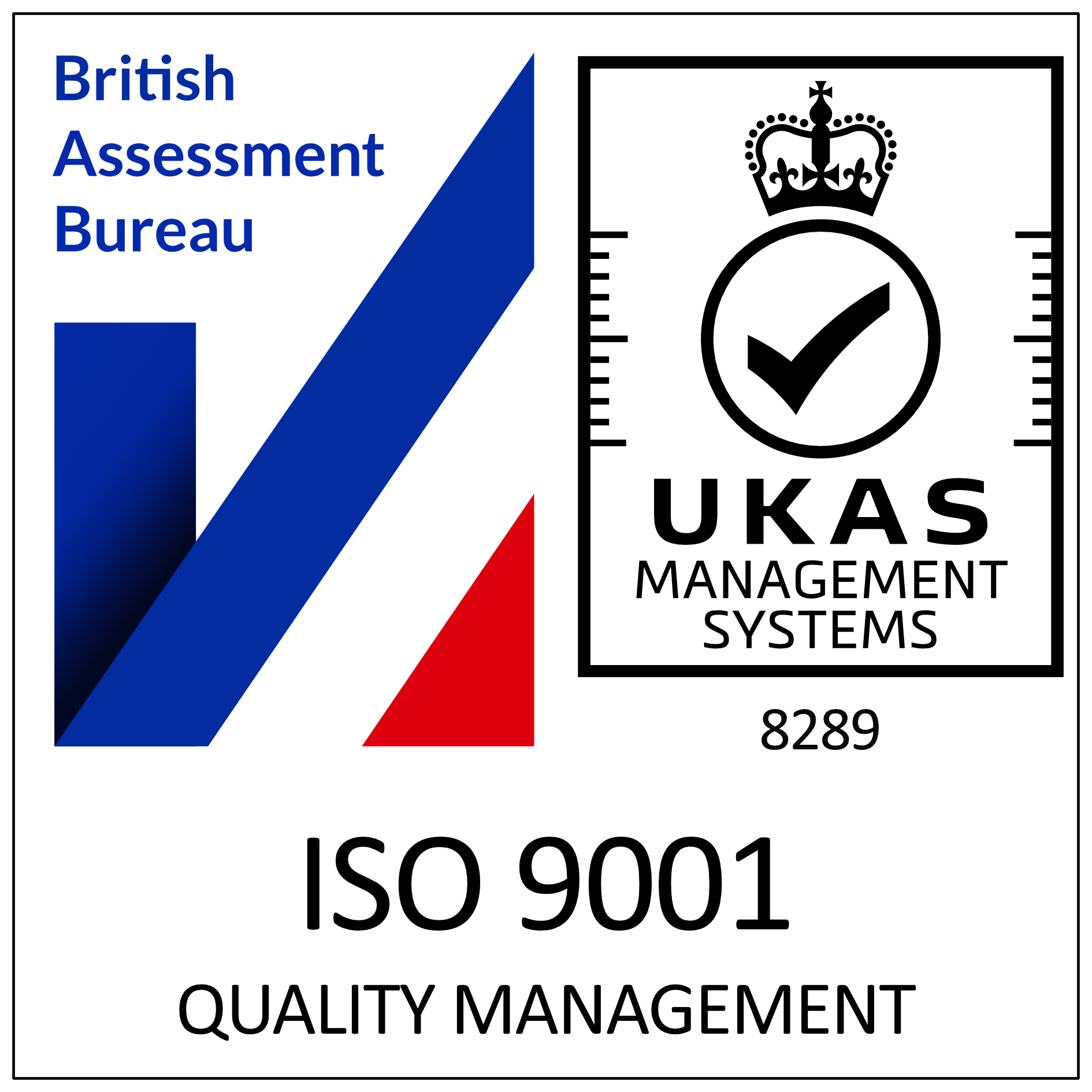So, having worked through and survived two major crises as a CEO, one being arguably the largest global recession, in 2008, and now the COVID-19 pandemic (Yes I really am that old! And yes I really have been in business that long!), I am capturing some of the lessons I have learnt. I wish I had noted these during 2008, so should this happen again (please God no!) I have an easy reference:

1. Credit Control
I know that you should be on top of this anyway, but this becomes even more crucial. Get the money in as quickly and as fast as possible and keep on top of it. Whilst your Ops teams may grumble about how many people you have in Finance when they are having to cut or furlough people, ignore it. Keep the cash coming in. Have daily calls to ensure that it is. Don’t just focus on the old debtors. Make sure you are getting the large amounts in ASAP.

2. Make the hard decisions quickly
The problems are not going to go away. Every day that you waste not taking action means that you are spending money that you have no means to recoup.

24 hours in business is a long time.

Convey the same sense of urgency to your teams too. We service many industries across The Curve Group and I have observed a real variation in speed and pace between different markets – as much as eight weeks in some cases. The hospitality, catering and retail businesses are usually agile. A top tip: travel management companies and recruitment businesses hold a mirror to the world of business. If you suspect that we are about to hit a crisis, these are the businesses that will be able to provide you with intelligence because they are the first areas to be hit. The first thing any organisation does is to stop travel and recruitment.

3. Talk to your mentor or NEDs
It is very lonely at the top during times like these and some of the discussions you need to have are not the same as the ones you can with your direct team. It really is okay to ask for help. Talking things through with someone who understands the position you are in and knows your business will help you to ratify and validate your approach.

4. Stay close to your customers
This is hard because they are likely to be just as busy and are multi-tasking like you but find ways to support them that do not necessarily take their time or add to their workload. Also, if you know a customer is struggling, then offer them ways to help them financially, be it a pause in the contract and future extension, or use the Furlough scheme to benefit both parties. Offer these options before they even have to ask. You will be rewarded ten-fold for your support and proactive actions with loyalty and even more respect after the crisis is over, and you may even get paid! Thank you to those suppliers who have responded and for those who haven’t, shame on you!

5. Engage your teams
This is really important! I know this for certain! It’s what my business is all about. However, it is EVERYONE’s responsibility to engage not just the CEO’s, so make sure you reflect this in your communications. It is tempting to become parental in style during times of pressure. Here is my advice on engagement:
-
- Engage with the team in ways that mean you can maintain this moving forward and do not over-promise. Too many CEOs are committed to doing a weekly update and now that we are several weeks into the crisis, they are running out of meaningful things to say. Also, I have seen a huge number of boards/teams committing to having daily updates which means the businesses time to actually complete actions from the meetings (and all of the other things I’m suggesting you get on top of in this blog) is severely impacted.
- Don’t worry if you feel you are saying the same thing over and over. Some news is better than radio silence, as is consistency of message.
- Be honest and authentic in what you tell people – it may hurt at times but if the team are to trust you, you need to tell them the truth.
- And finally, make sure your leadership team are behind you on decisions made and can, therefore, help you to reiterate the messaging on a daily basis.

6. Get your personal side of things in order
You are going to need help. It has been a particularly difficult time for me personally. People ask me if I have cleaned out my cupboards yet, when in reality, I haven’t had time to blow my nose! Between juggling weekly shops for me as well as vulnerable people, cleaning (as we are all at home you can never get on top of it), making three meals a day (I have had to ban the words ‘what’s for tea’ in my household), hospital visits, oh and let’s not forget the refunding of holiday money and the deep joy of home schooling (this was not me personally but I have spoken to so many people for whom this has been a nightmare). Whilst I know these are all `first world problems’ and there are people with more serious problems, it has been hard. So, my advice is to be kind to yourself. You have to be sound and healthy in order to look after others and run a business. As they say, `you can’t pour from an empty cup’.

7. Be clear about your strategy
It feels like there is a lot of pressure to be ‘ahead of the game’ once we completely come out of lockdown so you’ll no doubt constantly be trying to anticipate where the market will go next. The reality is that no-one knows exactly what the market will do, so, by all means, read what the economists have to say, speak to your professional services teams (thank you Saffery Champness, Shoosmiths, Osborne Clarke, APSCo, HSBC and LinkedIn), speak to your networks but do not chase fads – ‘stick to your knitting’, remember your strategy and the three-year plan you spent so much time thinking about and perfecting.
So there it is. I wish I had written it down last time and I hope I never need it again!











